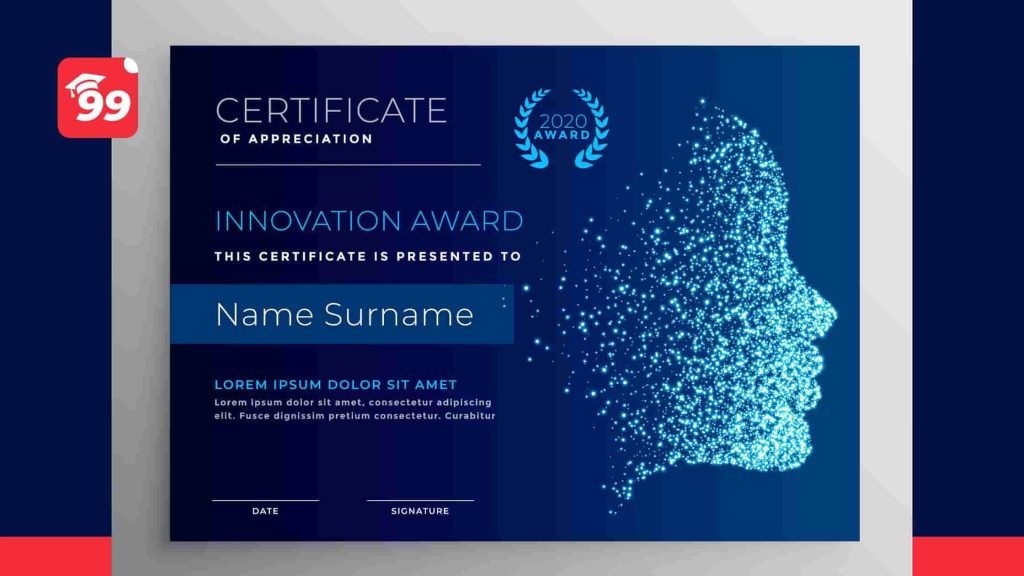Choosing the right university course is a crucial decision that can shape one’s career and financial future. As artificial intelligence (AI) continues to disrupt industries, Reno Omokri, a renowned thinker and author, has shared his insights on the best and worst courses to study at university in 2025 and beyond. According to Omokri, courses in Science, Technology, Engineering, and Mathematics (STEM), as well as disciplines reliant on human-to-human connections, are the most future-proof. Meanwhile, many traditional humanities and social science degrees are becoming obsolete in an AI-driven world.
The Best Courses to Study in 2025 and Beyond
Omokri advises students to focus on disciplines that remain highly relevant and resistant to AI replacement. He categorizes them into three key groups:
1. STEM Courses
STEM degrees are in high demand and will continue to shape the future. Omokri emphasizes the importance of studying:
- Cybersecurity
- Machine Learning
- Blockchain Technology
- Cloud Computing
- Mathematics
- Engineering (all fields)
“These fields offer longevity and stability,” Omokri states, adding that they provide the best return on investment in terms of education and career opportunities.
2. Human-Centered Disciplines
While AI is advancing rapidly, it cannot replace professions requiring empathy and direct human interaction. Recommended courses include:
- Nursing
- Psychiatry
- Psychology
- Education
- Sports Medicine
“These professions rely on human-to-human connection, making them irreplaceable by AI,” Omokri explains.
3. Agriculture and Business-Related Fields
Omokri highlights agriculture as a critical sector that will remain relevant. “AI can only make agriculture better; it cannot replace it,” he notes. Other recommended courses include:
- Agriculture and Agricultural Value Chain Disciplines
- Business and Marketing
- Banking and Finance
- Economics
- Geology and Geophysics
The Worst Courses to Study in 2025 and Beyond
1. Degrees Becoming Obsolete Due to AI
AI advancements are rendering many traditional professions redundant. Omokri warns against pursuing:
- Accountancy:
“Please fact-check me: In 2022, America lost 300,000 out of its 1.6 million accountants, whereas only 47,000 new accountants joined the profession. That ought to tell you that accountancy is on its way to becoming like Latin, a dead language,” Omokri stated.
- International Relations: “Major universities began labeling this course obsolete as far back as 1991.”
- Languages and Linguistics: “Cal State University declared Languages and Linguistics obsolete in 1996. AI can provide language solutions faster than a human can learn them.”
2. Oversaturated or Low-Demand Degrees
Some courses may still be relevant but are so oversaturated that job prospects are minimal. Omokri lists:
- Criminology
- Political Science
- Sociology
- Philosophy
- Religious Studies
- Conflict Resolution
- Library Science
- Public Administration
- Anthropology
Why Future-Proofing Your Degree Matters
With AI increasingly automating traditional jobs, students must make strategic education choices. Omokri warns: “The four or more years spent on an obsolete degree amounts to 6% of your life—too much time to waste on a fading discipline.” Instead, he encourages students to acquire relevant skills that can be continuously upgraded.
Make Smart Education Choices for 2025 and Beyond
As the job market evolves, students must choose courses that offer long-term career prospects. Omokri’s insights stress the importance of selecting degrees that align with emerging trends and avoiding fields that AI will soon render obsolete. By investing in STEM, human-centered professions, and practical business disciplines, students can secure a future-proof education.


